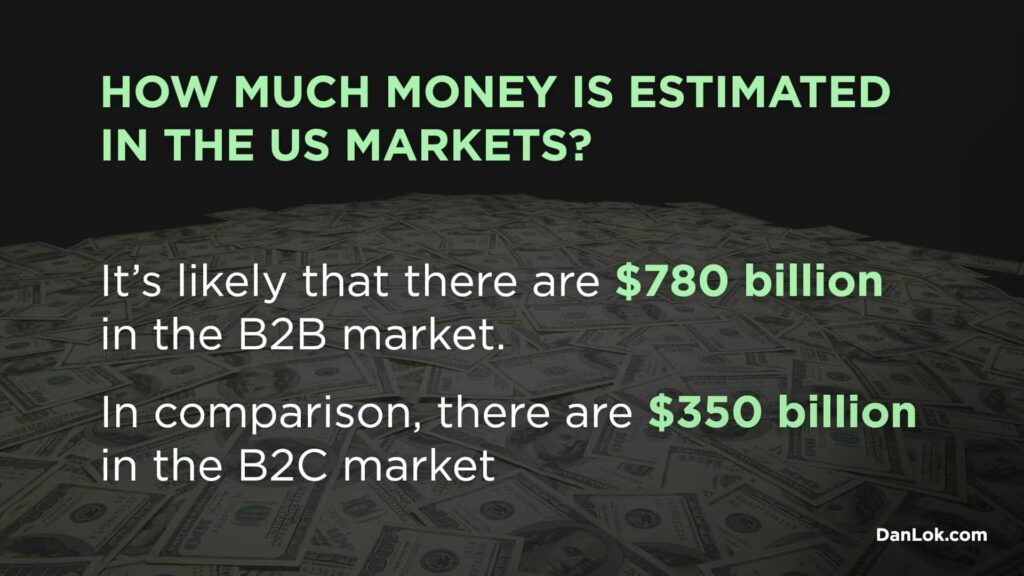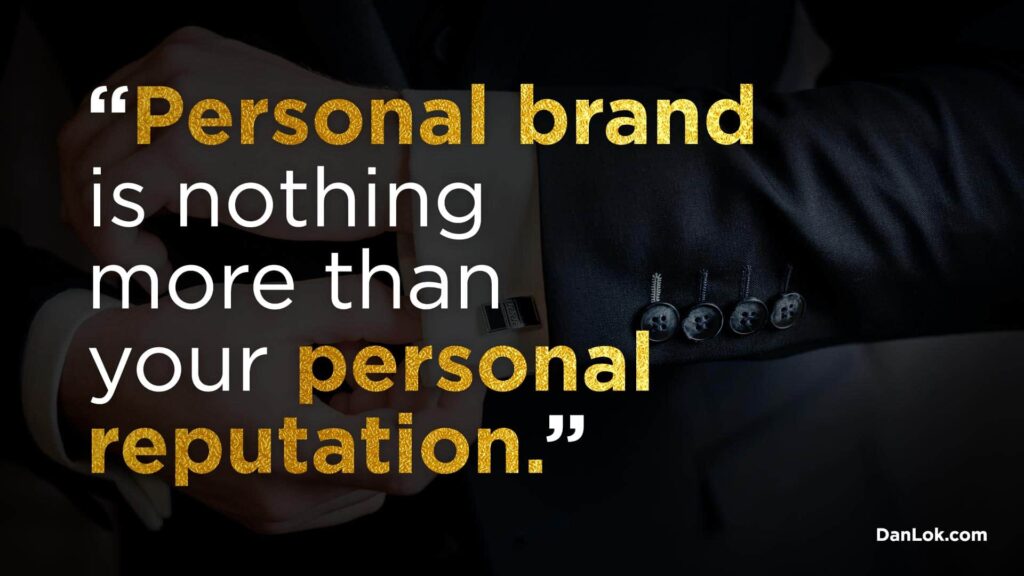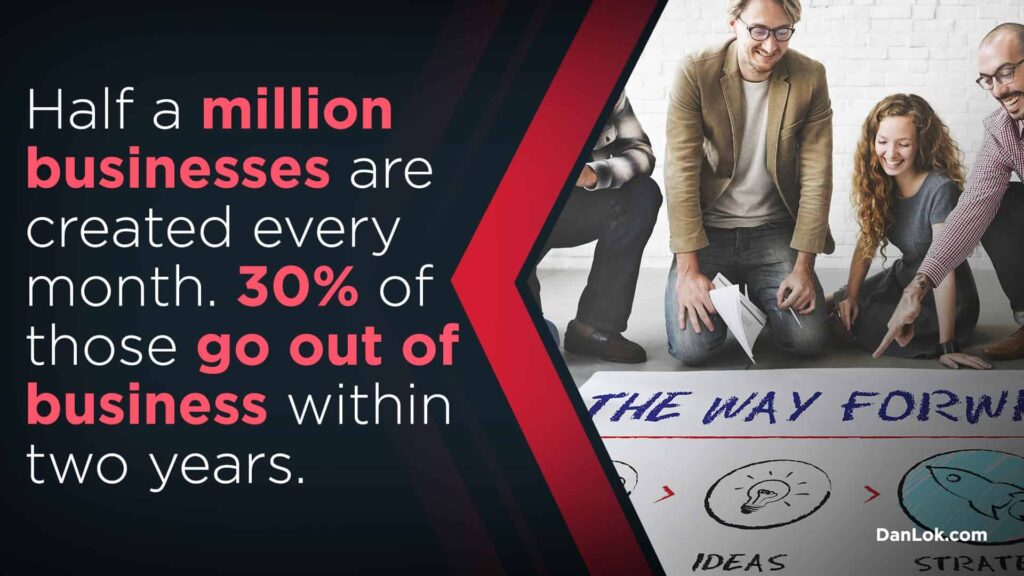Are virtual organizations something to look out for in the years to come? Since COVID-19 was discovered, it has created fear and doubt. It has also created change. Old traditions can no longer be upheld. These are traditions such as working from the office. More and more companies are allowing their employees to work from home. What once was a luxury now becomes the norm.
COVID-19 is responsible for changing how employees work. It has forced people to think about the future. People that were against working from home now support it. They realize it’s beneficial both to employees and to the company. It’s foolish to continue to force employees to work from an office. As a result, the job economy is shifting towards a gig economy.

Working from home has always been a thing. But until recently, only a few employees were allowed to do so. This is mainly the fault of bad business leaders. They forced traditional beliefs onto their employees. They didn’t think about what’s most efficient. Instead, they blindly followed what everyone else was doing.
Business owners are starting to realize their foolishness. They are starting to realize that working from home has benefits. Companies can reduce their expenses. And employees perform more efficiently and save time.
As technology continues to evolve, so will virtual organizations. Business leaders that understand the value of a virtual organization will flourish. Those that don’t, will slowly fall behind until they are irrelevant.
A virtual organization has many advantages over a local one. If you’re looking to build a virtual organization, read on.
Building A Global Virtual Organization Starts With The Leader
Given a choice, most employees would love to have the option to work from home. But what an employee wants is not necessarily what they will get. For many years, this has been the case. Employees have been told they cannot work from home. That they must come into an office workspace to get their work done.
From a logical standpoint, this makes little sense. Many employees do not need to be in the office to get work done. Employees like programmers can work from anywhere in the world. All they need is an internet connection and a computer. They have the ability to work from home. But they cannot, because of company rules.
Many bosses do not allow their employees to work from home. They allow their personal opinions to get in the way of achievement. They are afraid their employees will slack off. Or that they will be less productive. Ironically, the opposite is true. Studies show employees are much more productive when they can work from home.

To build a global virtual organization, you must be a good leader. A great business leader understands that there are many ways to do things. That the ‘common’ way of doing things is not always the best method. If you want your employees to deliver their best work, you need to cater to their needs. You need to give them what they want.
Becoming a great business leader is not easy. It takes a lot of time, failure, and dedication to improvement. Fortunately, building a global virtual organization is not hard. In fact, it’s one of the most rewarding things a business owner can do.
A Great Business Leader Leads From The Front
So how do you build a virtual organization? Contrary to what you may believe, it is not a one-person job. In fact, it is not even the job of the business leader.
Business leaders are people who hold positions of power. They may be CEO’s, President’s or even Executive Directors. Their role is to guide the company in the proper direction. So building a virtual organization has nothing to do with the business owner.
Most business leaders do not realize this fact. They think it is their job to control how the business operates. In reality, that contradicts what they are trying to achieve.
Let’s say you are a business owner. To keep your business running, you need a good team. Thus, you hire many types of people. Some of your employees are managers – their role is to manage other people. Other employees are executors – their role is to execute what they are told. This creates a chain of command, with you at the top.

This example illustrates how a business leader is supposed to behave. But in reality, many business owners are not at the top. They are near the bottom, telling people what to do. They micromanage their employees and stress them out. Or they are setting strict rules and guidelines on how things should be carried out. Instead of focusing on the big picture, they focus on the small things.
As a business leader, you want to focus on the big picture. Creating a virtual organization means finding the right people to help you do it. You don’t worry about the operational details. That’s for your team to figure out.
Business leaders should not worry about small details. They hire people to handle those things. Share on XHow To Build A Global Virtual Organization Using ‘A Players’
To build a global virtual organization, you need the best people you can find. You need ‘A players’. These are the kind of people that have passion and drive. They strive to improve themselves every single day.
You want these types of people in your organization because they will help it grow. They understand that they can use their skills to contribute to the company. The more successful the company is, the more they are rewarded for their efforts.
Entrepreneurs make great additions to a virtual organization. This is because they know how to manage themselves. They take responsibility for their successes and their failures. Their mindset is one that is wired for success. Unlike employees that only care about a paycheck, A players go above and beyond.
These types of team members can help you build a global virtual organization. Because they are self-starters, they need little guidance to get things done. They have the skills to solve problems and get results. If you want to build a global virtual organization, they’ll handle everything. As the business leader, all you need to do is provide them with guidance.

The Dan Lok brand is a good example of a global virtual organization. Everyone is self-sufficient, which means the workflow is very smooth. Many of our team members are A players with a drive to make results happen. We are located around the world. And communication is done using online platforms like Slack.
At the top of this organization is Sifu Dan himself. But Sifu does not spend his time actually building a virtual organization. He leaves that task to his team members. Instead, he spends his time planning out his next moves. He does what no one else can do, which is lead the company.
Develop A Good Workplace Culture
A virtual organization needs it’s team members to be in sync to work well. If you want to build a virtual organization, you need to ensure everyone can get along. This means creating a good workplace culture. Having a strong company culture will greatly increase your chances of success.
For example, let’s say you are an employee who fills out forms. These forms are then given to managers, who approve or deny your work. In a bad workplace environment, managers may favor certain people over others. This can lead to a lot of problems. They may deny your work because of their own personal reasons. Internal politics is bad news for any organization. It slows down the process and produces lackluster results.
Compare this to a good workplace environment. There are no politics or hidden agendas. Everyone conducts themselves in a professional manner. And team members are all on the same page. This creates harmony because everyone is working towards a common goal.
Harmony is crucial to success. This is because you need great people to make great things. If everyone is fighting each other, nothing gets done. To create great things, people must work together.
A good workplace environment focuses on growth and excellence. When everyone helps each other, everyone succeeds. The more people succeed in an organization, the more the company grows. The more a company grows, the more successful it becomes.
Make your team members understand that company success benefits everyone. The more revenue a company produces, the more you can afford to pay team members. Success is not a one-person show. It is about many people getting together to achieve a similar goal.
“If you want to go fast, go alone. If you want to go far, go together. Share on XThe Benefits of A Global Virtual Organization
There are many benefits to a global virtual organization. Firstly, it allows you to source talent from around the world. This means you’re more likely to find the right person for the job.
A virtual organization is made up of many team members from around the world. It bypasses limits such as physical distance. This means a company doesn’t have to limit their team to one location. They can find people from all types of backgrounds.

Compare that to a local business. It can only hire people that live nearby. Local people may not have the skills they are looking for. This creates weaknesses in certain areas of the company. As a result, this limits how much the business can grow.
Secondly, a virtual organization allows people to work from home. This has many benefits for both the employer and the employee.
You may already know employees that work from home are more productive than those that do not. Working from home means employees do not have to transit. They do not have to spend hours stuck in traffic to get to their workplace. Instead, they can spend that time getting work done.
Employees that can work from home are also happier. The higher employee morale is, the better they will perform. This means they won’t be wasting time shooting the breeze at the water cooler. If their needs are met, there’s nothing for them to complain about. As a result, virtual organizations are very efficient at getting things done.
Companies also save on expenses such as office space. Because their employees work from home, they do not need to rent an office building. They can save money and invest it in the company.
A Global Virtual Organization Can Adapt To Change Quickly
Team members in a virtual organization communicate with online tools. This is very useful during times of crisis, because it allows them to adapt to changes quickly.
Take COVID-19 for example. Employees have been laid off. Revenue has been slow and unstable. More and more businesses are making the shift online. As a result, business owners have had to make sudden changes to adapt to what’s happening. This creates a lot of stress for everyone involved.
Humans are naturally wired to dislike change. This is true in both virtual and local organizations. As a result, having good team members makes changes less stressful. They can handle sudden changes better because they have a strong desire to succeed.
Another reason virtual organizations are beneficial is because of communication and time. Communicating down the chain of command takes time. A business leader tells their directors about new changes. They then inform the managers. And these managers then inform everyone else. This takes a lot of time. The more time it takes for team members to communicate, the slower things get done.
A virtual organization reduces the amount of time needed for changes to occur. Communication using online tools is nearly instant. You can simply send them a message, and they’ll read it on their own time. It doesn’t matter where or what they’re doing. They will receive your message. As a result, virtual organizations make things convenient.
During times of crisis, many businesses make changes. This is one reason why virtual organizations are so effective. They can adapt to what’s going on better than others. As a result, they’re the first ones to take advantage of opportunities when they arise.
A Global Virtual Organization Is Resilient
Throughout history, all great empires have fallen. They may have been attacked by neighboring countries. Or grown so big that they do not know how to manage themselves. This is because they do not realize one principle: the bigger you are the more vulnerable you become. If you want to succeed in business, this is an important principle to be aware of.

Being big is not necessarily an advantage. In certain situations, it is actually a weakness. This is because all your resources become focused into one entity. In terms of business, this is like putting all your eggs into one basket.
Putting all your eggs into one basket means you only have one chance to fail. If the business collapses, you go bankrupt. There is no way to recover your losses.
Compare that to someone who divides up their eggs into many baskets. The more baskets they put their eggs into, the more times they can fail. If one basket fails to produce results, they still have five more to rely on. One failure will not wipe them out.
A virtual organization operates in a similar way. Team members located around the world are like a few eggs in many baskets. If one area of the world suddenly shuts down due to a pandemic, it’s not the end of the world. There are still other team members you can rely on to make up for those losses. You can still operate the business even in times of crisis.
Discover How Super Successful Companies Run Their Organizations
Building a global virtual organization starts with the leader. A great business leader knows how to lead from the front. They must act as the visionary in the company, and lead everyone towards a common goal.
A virtual organization needs “A players” to become successful. These are people with drive, passion, and determination to get things done. They’re different from ordinary 9-5 employees, because of their mindset and beliefs. Many “A players” are entrepreneurs with valuable skills.
Finding good people is one thing. Keeping them is another. A good workplace culture lifts people up. It encourages them to become the best version of themselves. This is especially important in a virtual organization that uses online communication.
Unless your team members are all on the same page, there will be issues. Communication problems will lead to people feeling they are not heard. This can create internal conflict and politics, which will slow down the business.
Virtual organizations have many benefits over traditional companies. Working from home boosts productivity in employees. Companies save on rent and office supplies. And in times of crisis, changes can be made quickly. This gives businesses an advantage over slower competitors.
Building a virtual organization requires a good leader, good people, and a good business plan. Successful business leaders know how to plan for success. They know how to look at the big picture. If you want to know how successful companies run their organizations, get your copy of the Dragon 100™ checklist here.






























